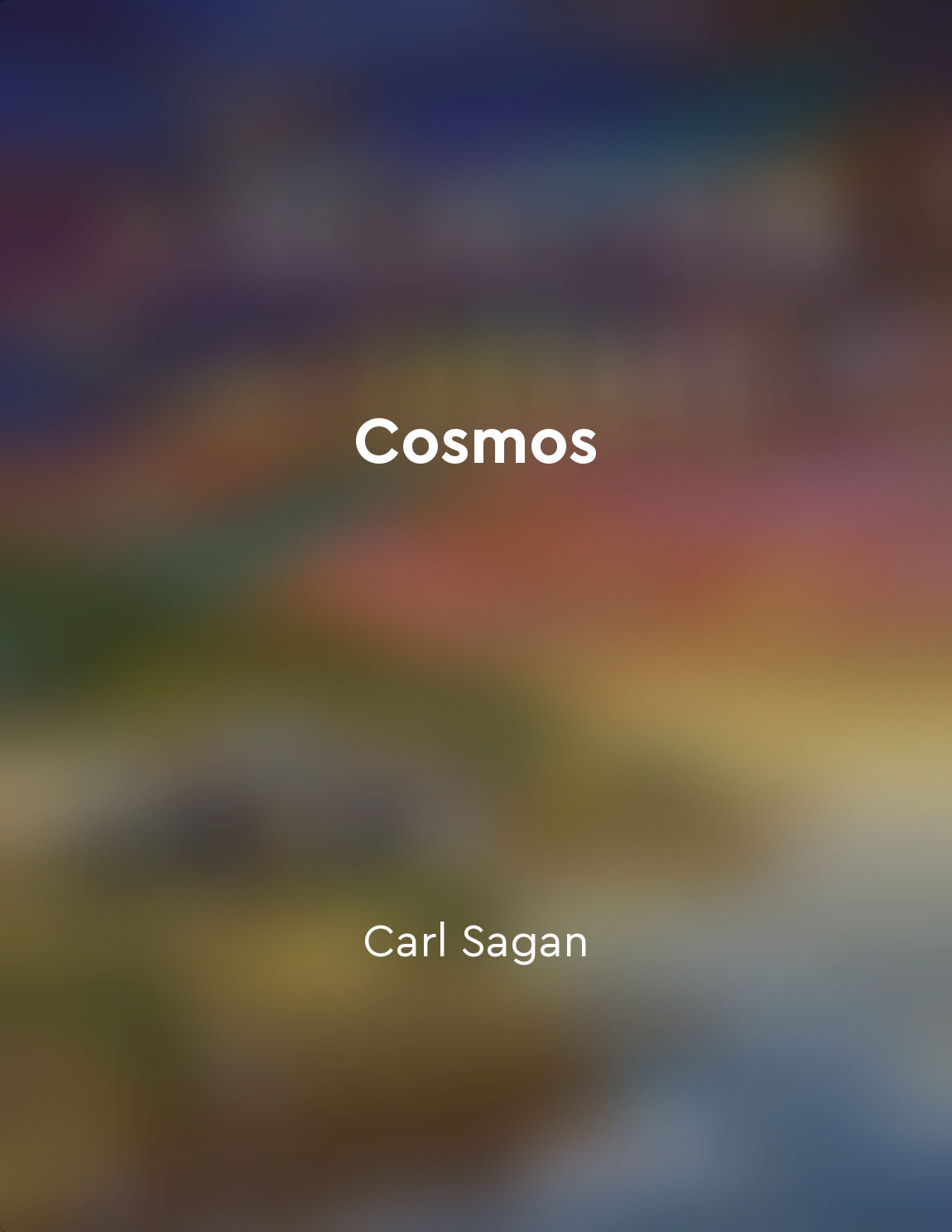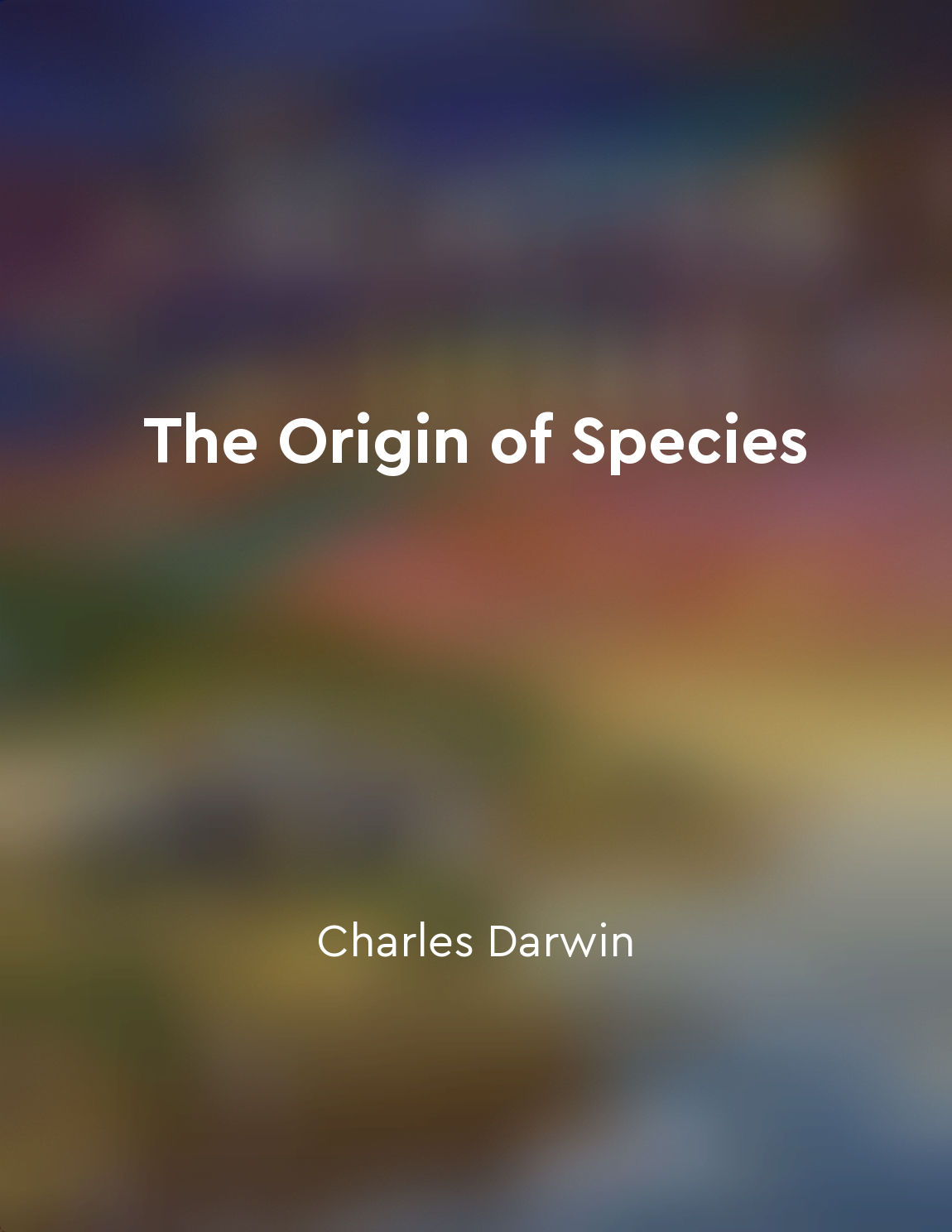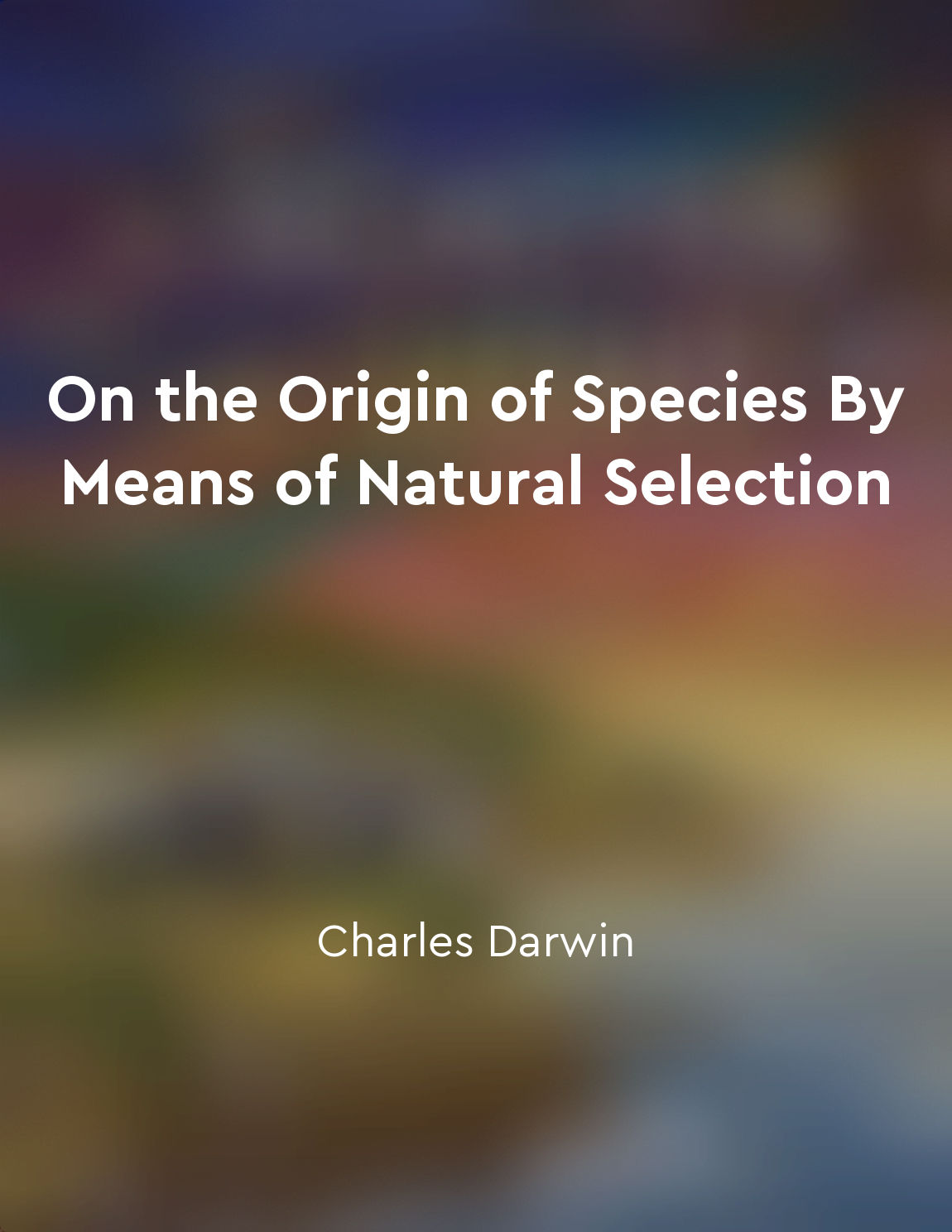Life originated in oceans from "summary" of A Short History of Nearly Everything: Special Illustrated Edition by Bill Bryson
In the deep past, conditions on Earth were very different from what they are today. The planet was a seething, turbulent place, raked by intense storms and bombarded by asteroids. The air was filled with noxious gases like ammonia and methane. The land, such as it was, was largely barren and lifeless. But there was one place where conditions were just right for life to emerge and flourish: the oceans. The oceans covered the vast majority of the planet's surface, providing a stable and nurturing environment for the first primitive life forms to take root. The waters were rich in dissolved minerals and nutrients, and the gentle ebb and flow of the tides helped to distribute these essential building blocks of life throughout the oceans. Over millions of years, simple molecules began to combine and recombine in the primordial soup of the oceans, forming ever more complex structures. Eventually, these structures gave rise to the first single-celled organisms, tiny creatures that could replicate and evolve. These early life forms were astonishingly resilient, able to survive in the most extreme conditions and adapt to almost any environment. As life spread and diversified, the oceans became teeming with a vast array of different organisms, from simple bacteria to complex multicellular creatures. The oceans were a crucible of evolution, driving the development of new and ever more sophisticated life forms. And as these creatures evolved and adapted to their watery world, they began to explore new environments, eventually making the leap from sea to land. But the oceans remained the cradle of life, the place where it all began. Even today, the oceans are home to a staggering variety of life forms, from the smallest plankton to the largest whales. And as we continue to explore and study these vast and mysterious waters, we are constantly uncovering new clues about the origins of life on Earth. Life originated in the oceans, and it is there that we can still see its most ancient and enduring forms.Similar Posts
Biodiversity is crucial for maintaining ecological balance
Biodiversity refers to the variety and variability of life forms in an ecosystem. It includes different species of plants, anim...

The universe is vast and filled with wonders
The universe, with its vastness and complexity, is a source of endless fascination and wonder. From the smallest subatomic part...

Fossils provide evidence of evolutionary history
Fossils, as preserved remains of ancient organisms, are invaluable sources of information when it comes to understanding the hi...
Each species has a unique role to play in the ecosystem
In the grand scheme of life on Earth, every species has its own specialized function within the delicate balance of ecosystems....

Variation as fuel for evolutionary change
Variation is a fundamental aspect of the natural world, serving as the raw material upon which the process of natural selection...
Scientists have discovered these rules through years of research
Over time, scientists have carefully unraveled a set of rules that govern the natural world. Through countless hours of observa...
